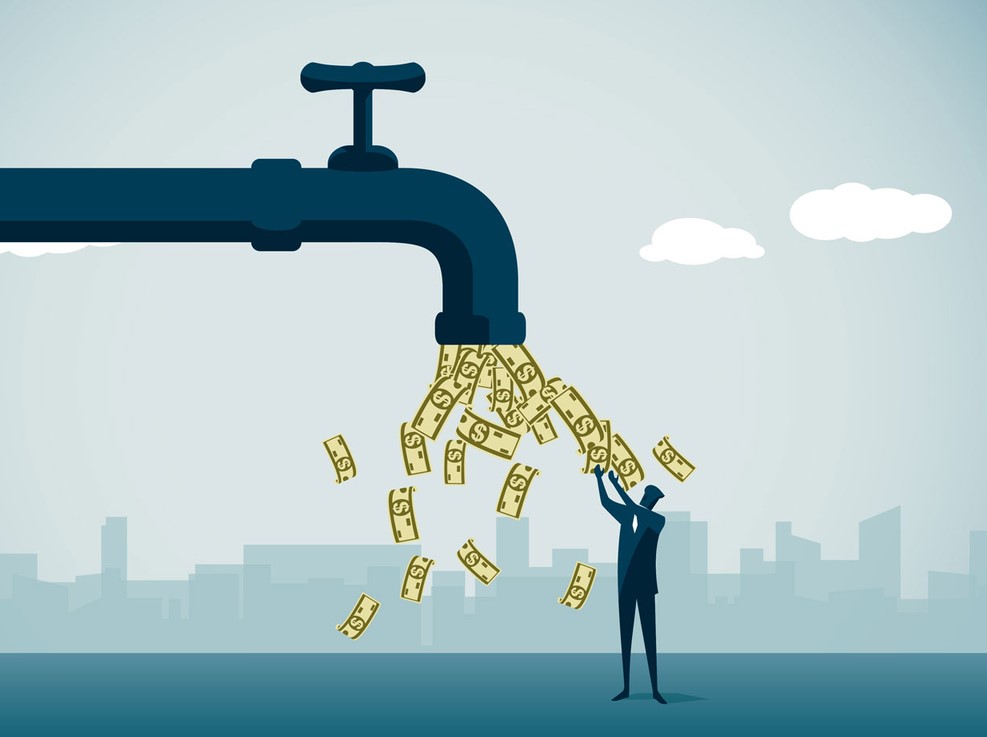Get Support
123-456-789-10

Why Invest in Real Estate
As the owner of a property, you stand to benefit from any rise in its value when it comes to selling, from the income it can generate if you rent to tenants – and, of course, from the utility you get from living in or using it yourself.
Interestingly, the attractiveness of property ownership is partly dependent on culture. In the UK, for example, individual ownership is fetishized: “an Englishman’s home is his castle”. But in countries like France and Germany, the idea of someone not owning any real estate isn’t unusual at all.
How has real estate performed as an investment?
It’s no secret that the value of land – and, by extension, property – in the UK has increased over time. Islands have limited space, after all – and a growing population means more demand for the same supply. But just how has that affected prices?
Stock Market
What about real estate stocks?
Easy there, partner. Yup: some investors may prefer to invest in real estate via the stock market, buying shares in companies which own properties and act as landlords, generating income in the form of rent. Because they’re listed companies, of course, the values of their stocks are subject to daily swings
But these companies are also “asset-backed” – i.e. they own real estate which investors can see and touch, which has a relatively stable value – and which the company can sell if it needs additional cash. That means their investors should be less likely to take flight in times of market turbulence than if they were backing, say, some tech companies whose assets aren’t as tangible.
Investors Approach
GSP Investment Outlines
Time Frame
As with investing in general, you can choose to be very active, or passive in some cases, or a mix of the two. Active property investment involves buying a property yourself, maintaining its upkeep, and managing tenants. GSP Property offers a client friendly investment duration out of which all purchase and management services are conductored by the expect team.

Investors Capital
How much cash do you have to invest in property? Historically, you needed enough money for a deposit to begin your journey up the property ladder by purchasing a property directly. But today, GSP property has made is posible for to become a property investor with much smaller sums.To cover a wider ranger of intending investors, GSP has developed an investment plan that allow smaller investors to invest in a property with as little as $500

Liquidity Period
Keep in mind when and how quickly you may need access to your money. With traditional property ownership, that could involve a protracted search for a buyer willing to pay what you’re asking. Certain private funds and investing platforms can also lock up cash for extended periods. REITs can be bought and sold easily – they’re highly “liquid” – which might better suit some investors.

Risk Management
How can you best fit property into a balanced investment portfolio? In practice, the vast expense involved in traditional ownership of bricks and mortar means it can easily end up accounting for the lion’s share of your investments. Even the uber-rich have a chunky 21% of their money tied up in physical property (excluding main and second homes), according to estate agent Knight Frank’s 2019 wealth report.

Looking for perfect future planning?
We can help you realize your dream of a well planned future
